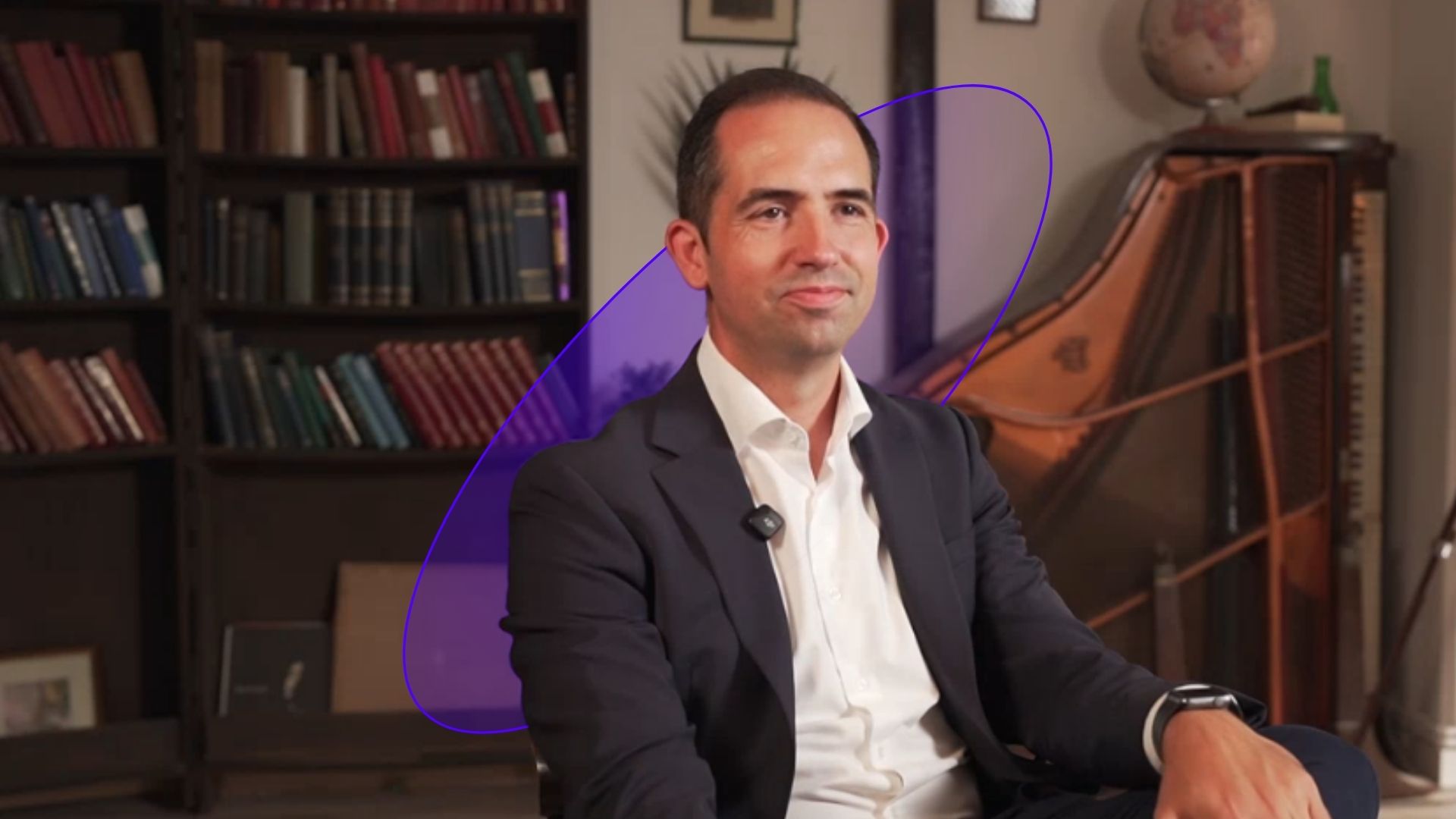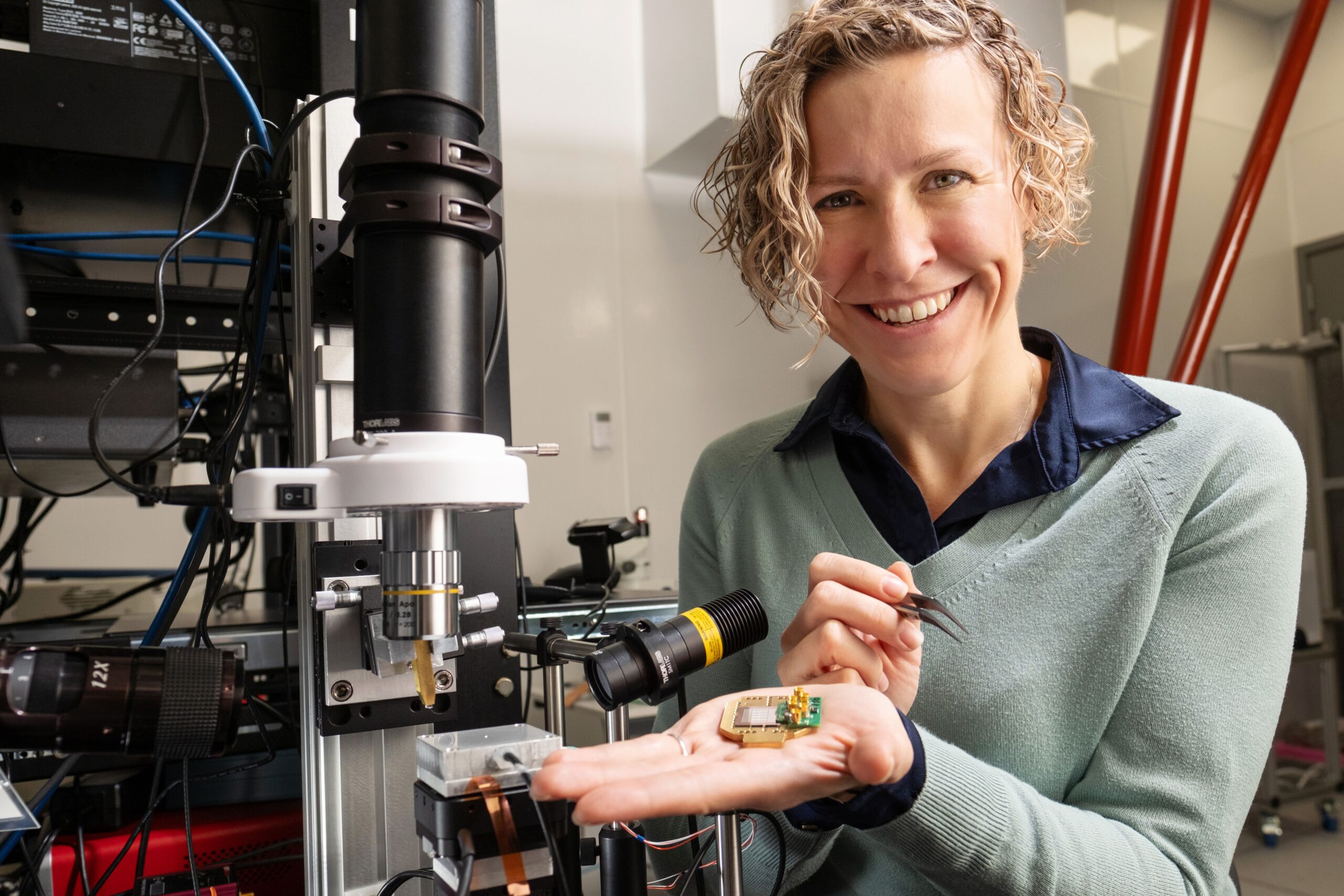Quibim’s co-founder and CEO, Ángel Alberich, discusses turning medical imaging into a catalyst for precision health. He outlines where AI already matches—and in specific tasks surpasses—human performance in radiology, and how models can infer likely tumour mutations from CT data. He argues patients will accelerate adoption by seeking second opinions from AI and managing their own records. The conversation covers culture in regulated healthtech (“just culture”), resilience through fundraising, and Amadeus’ role in enabling bold regulatory milestones and market impact.
Themes
AI in radiology & virtual biopsies
Ángel explains how algorithms can rule out normal studies, free clinicians to focus on complex cases, and predict likely mutations from CT—shifting imaging from description to prognosis and treatment guidance.
Patient-led healthcare & data ownership
He argues “the revolution in healthcare will come from patients,” who will consolidate their data, use AI for second opinions, and share anonymised data to improve tools—within a regulated framework.
Culture that scales in healthtech
From “just culture” (fix systems, not blame individuals) to default trust, Quibim codifies operating principles to move fast in a regulated environment.
Founder journey & resilience
From personal savings to keep the lights on, to hard-won negotiation lessons, to bold regulatory milestones and patient impact—Ángel shares the highs and lows, including Amadeus’ early backing.
Why we invested
Quibim sits at the intersection of our Human and Intelligence investment themes—AI that amplifies clinical decision-making and improves outcomes. Amadeus Partner Pierre Socha backed Ángel’s mission early: a science-led team with clinical evidence, regulatory discipline, and a culture built for trust. The result is technology moving from pixels to precision health, with real-world impact recognised by clinicians and patients.
About the founder
Ángel Alberich is the co-founder and CEO of Quibim. An engineer by training, he has spent his career at the intersection of imaging, AI, and clinical practice, advocating for earlier detection, better diagnosis, and patient empowerment.




